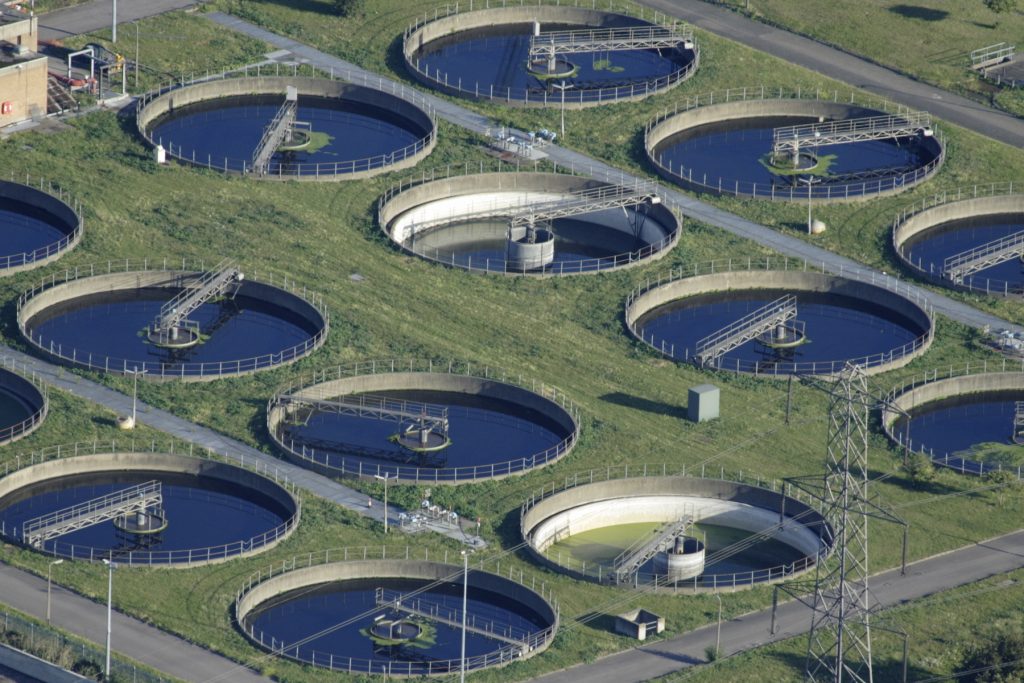Current ‘dissipative’ technologies use considerable energy: up to 1 percent of the total electricity use in industrialized countries[3] and perhaps as much as 2 percent worldwide, contributing significantly to the carbon footprint of utilities. The organic matter present in used water is burned by biological oxidation to CO2; and in many countries the residual amount of organic carbon, harvested as sludge, is also incinerated releasing CO2.
Changing mindsets to recover energy and nutrients will make a contribution towards mitigating climate change.
A further reason for focusing on resource recovery is to strengthen the cyclical economy. For example, recovering precipitated carbonates such as iron oxides during the softening of drinking water, and upgrading them for use in other industrial processes, such as the glass industry, can reduce landfill.
Demand orientation approach
To be successful, resource recovery must be able to compete in a demand driven market. Finding markets willing to work with recovered products as alternatives to newly made or freshly mined products presents very real challenges. A key issue will be the dimensions of scale. Industry and agriculture rely heavily on competitive prices and efficient delivery as well as stringent quality characteristics, whereas resource recovery is relatively small scale.
The overall acceptability to the public of resources recovered from used water is another barrier. A robust regulatory framework will only go so far to reassure people programmed to feel disgust at contact with faecal matter. There is a need for widespread communication to educate and inform key audiences about used resources. This will facilitate the use of recycled resources and enhance cooperation between various sectors within agriculture and industry in order to secure the future of resource recycling.
The IWA Resource Recovery Cluster
Aiming to bring together R&D, water industry and materials users, a new IWA Resource Recovery Cluster has been formed specifically to address these complex issues. Bringing together water sector leaders, the Cluster aims to promote economically and environmentally attractive approaches to resource recovery.
The strategic objectives of the resource recovery cluster are:
- To promote resource recovery from water and wastewater
- To network on innovations of resource recovery through conferences, meetings, working groups, publications
- To promote links with complementary organizations to find ways to build value chains
For more information on working with the IWA Resource Recovery Cluster contact Dr. Hong Li, IWA Specialist Groups Manager (hong.li@iwahq.org), or Prof. Willy Verstraete, Cluster Chair (willy.verstraete1@gmail.com).
IWA International Conference on Resource Recovery
The first IWA World Conference on Resource Recovery from 30 August – 02 September, 2015, in Ghent, Belgium. The theme of the conference is ‘Bridging towards the chemical industry’. The meeting will aim to create better ‘pipelines’ from water resources to industries. For more information visit www.iwarr2015.org
[1] (Verstraete and Vlaeminck, 2011, Int J Sust Development and World Ecology 18: 253-264)
[2] (Verstraete et al. 2009; Bioresour Techn 100: 5537-5545)
[3] (Caldwell 2009; Third Eur Water and Wastewater Conf.)


